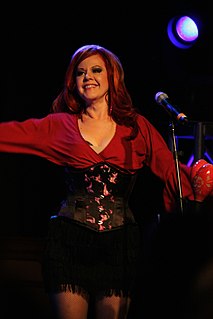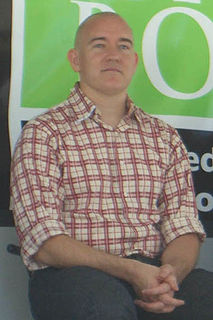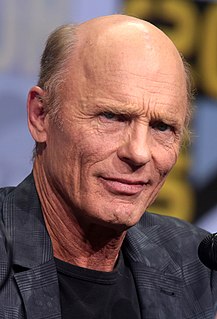A Quote by Kate Pierson
All our friends - so many friends are gay or lesbian and transgender. We're just in that world. We all went through the devastating time of the AIDS crisis, and I think that galvanized us to be more activists - AIDS activists.
Related Quotes
Many activists just see what's wrong: they want to stand up to injustice and educate people about it. But I think it's equally important for activists to hold a more positive vision of what's right with their country: what's going well, and what they'd like to grow or see more of. I also like to encourage activists to take some time each day to sit silently or take a walk in nature as a way to be in touch with their inner wisdom and peace - and to remember why they are on this path in the first place.
Because gay people were so much more visible, violence against gays was more common and reported on. But they were definitely related to each other. In the wake of AIDS, gay people felt like they had to organize, become much more active and visible. AIDS fostered a gay rights movement that made gay people more powerful and more vulnerable at the same time.
I think these last 10 years have seen just a huge shift in the psyche of this country as regards gay people. I think AIDS had a lot to do with it. So many families who really believed they'd 'never met one' were suddenly confronted with their sons becoming ill, and friends of sons. I think that brought a lot of it into the open.
The best way to deal with AIDS is through education. So we need a really widespread AIDS education program. In fact, what we need in Burma is education of all kinds - political, economic, and medical. AIDS education would be just part of a whole program for education, which is so badly needed in our country.


































